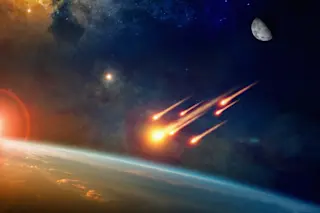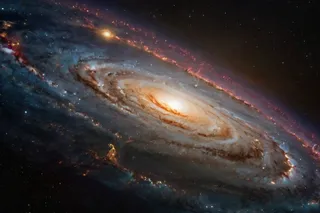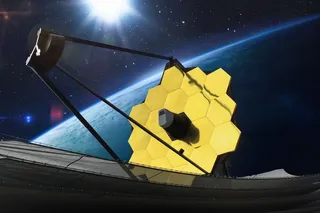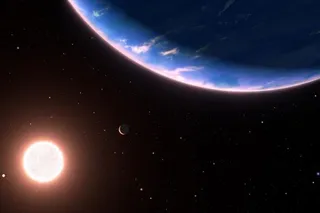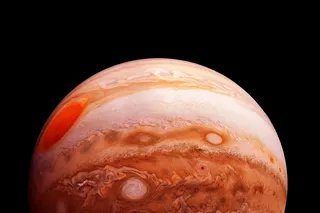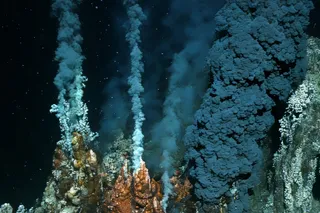The most famous asteroid to collide with Earth is the Chicxulub crater, which hit the Yucatán Peninsula 65 million years ago. It’s known for wiping out the dinosaurs, along with three quarters of life on the planet. Other huge craters like the Vredefort crater in South Africa and the Sudbury Basin in Ontario, Canada were even larger and likely barreled toward us a couple billion years ago.
In more recent years, meteoroids have hit us, the asteroid’s smaller cousin. Tunguska hit Siberia in 1908 and lit up the sky as far away as London; and Chelyabinsk, another Russian hit, was caught on tape in 2013.
A big one hasn’t hit us in a while, but the next one is somewhat unavoidable, according to Nancy Chabot, a planetary scientist at Johns Hopkins University. “While there’s currently no known asteroids that are on track to hit us in the foreseeable future, asteroids ...



